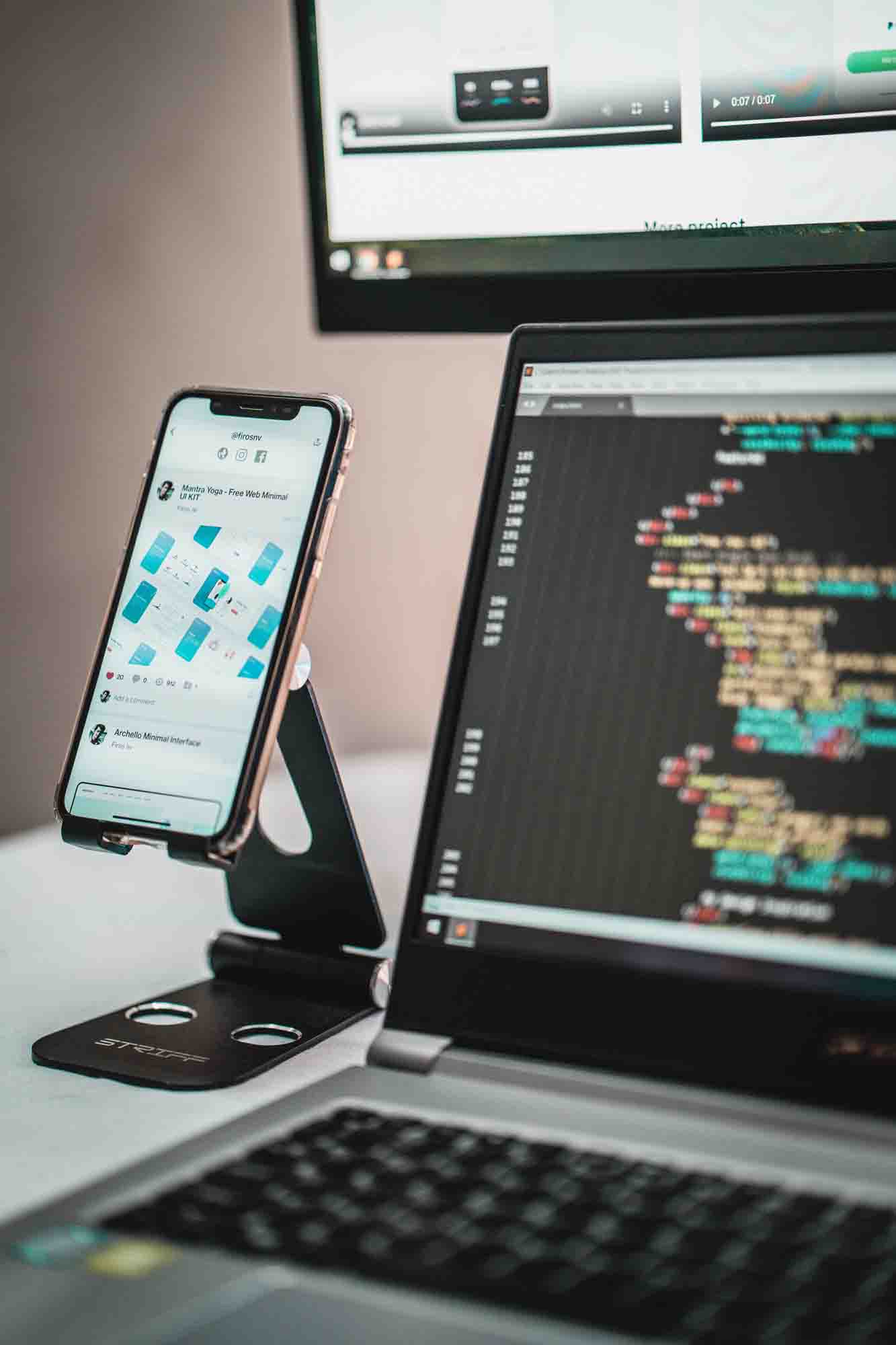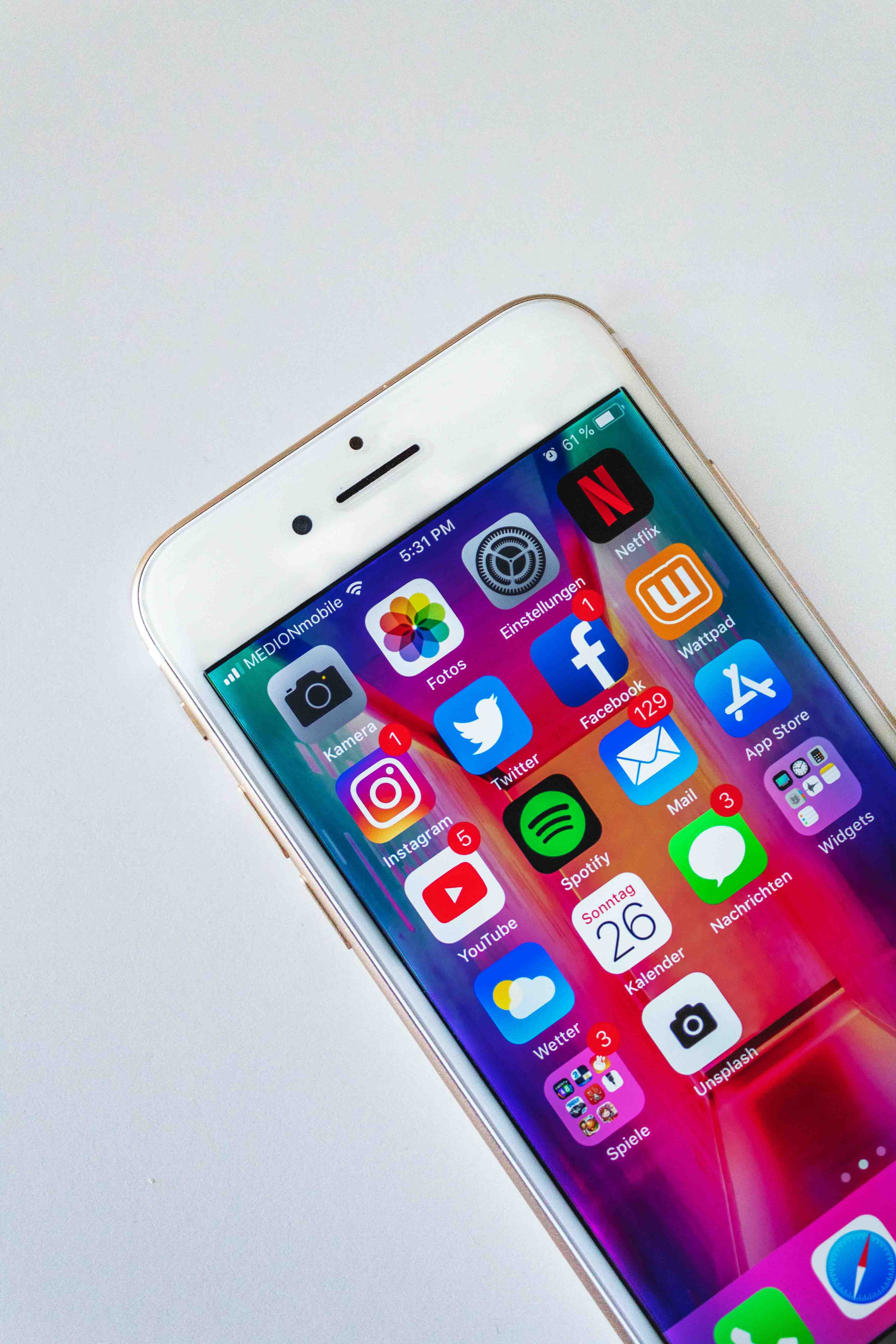
Mobile Application Development
Mobile app development refers to the process of creating software applications specifically designed to run on mobile devices, such as smartphones or tablets. It involves a series of steps from conceptualization to deployment, with the goal of developing a functional and user-friendly app that meets the needs of the target audience.
Which area we cover
When developing a mobile app, there are several key areas to consider to ensure a comprehensive and successful application. Here are some important areas to cover:
- User Interface (UI) Design: Create an intuitive and visually appealing user interface that is optimized for mobile devices. Consider factors such as navigation, layout, colors, typography, and interactive elements to provide a seamless user experience.
- Functionality and Features: Define the core functionalities and features that the app will offer. Identify the specific requirements and use cases, and ensure that the app provides a solution that addresses user needs effectively. Prioritize features based on their importance and feasibility within the development timeline and budget.


How it works
Mobile apps are software applications designed to run on mobile devices, such as smartphones or tablets. They are developed using programming languages and frameworks specific to the platform they are intended for, such as iOS (Apple) or Android (Google). Here is a general overview of how mobile apps work:
Development: Mobile app development involves writing code using programming languages like Swift or Objective-C for iOS apps or Java or Kotlin for Android apps. Developers use software development kits (SDKs) provided by the platform to access device features and functionality.
Installation: Mobile apps are typically distributed through app stores or marketplaces specific to each platform. Users can download and install apps from these stores directly onto their mobile devices. The app store handles the installation process, including verifying the app's authenticity and permissions.
It's important to note that the specifics of how mobile apps work can vary depending on the platform, programming languages, and development frameworks used. However, the core principles mentioned above provide a general understanding of the functioning of mobile apps.
Benefits
Benefit ofmobile apps,It's important to note that the specific benefits of mobile apps may vary depending on the industry, target audience, and specific goals of the app. Nonetheless, mobile apps offer significant advantages in terms of convenience, personalization, engagement, and business growth.
Mobile apps offer a wide range of benefits for both individuals and businesses. Here are some key advantages of mobile apps:
- Access to Device Features: Mobile apps can leverage device features such as camera, GPS, accelerometer, and microphone, enabling advanced functionalities and enhancing the user experience. For example, apps can offer location-based services, scan QR codes, or use biometric authentication for added security.
- Increased Sales and Revenue: Mobile apps can facilitate sales and transactions directly within the app, making it easy for users to make purchases or bookings. With features such as saved payment information and personalized recommendations, apps can encourage impulse buying and drive sales.
